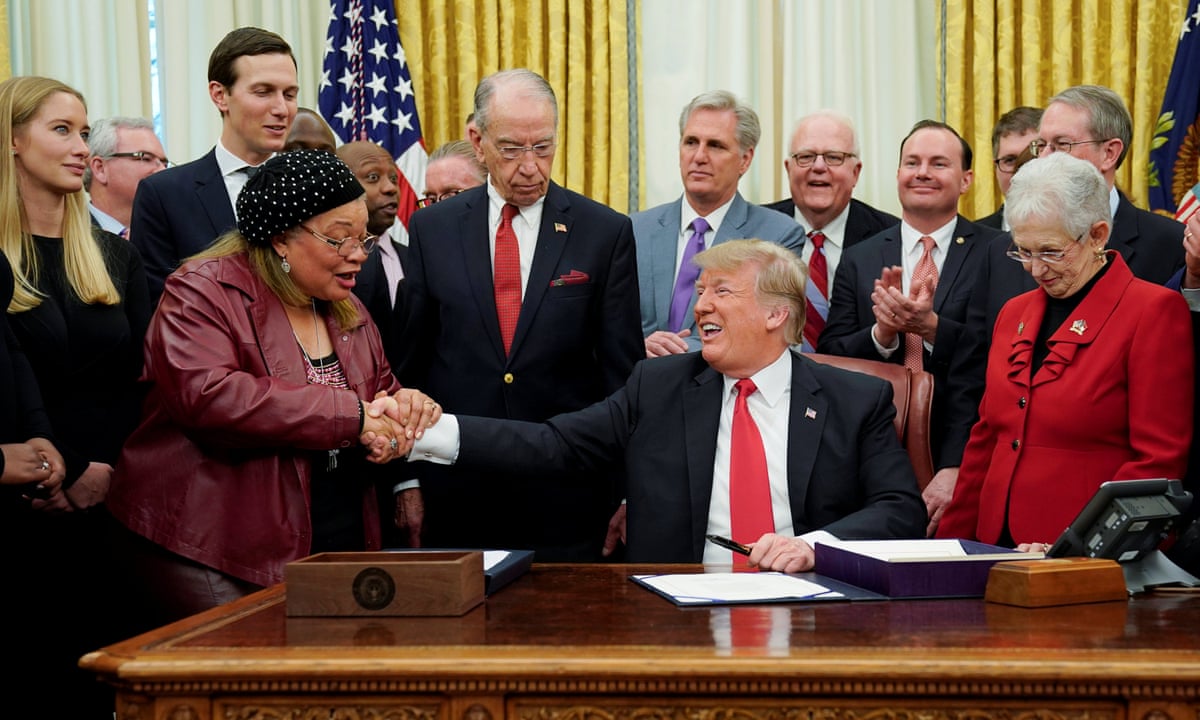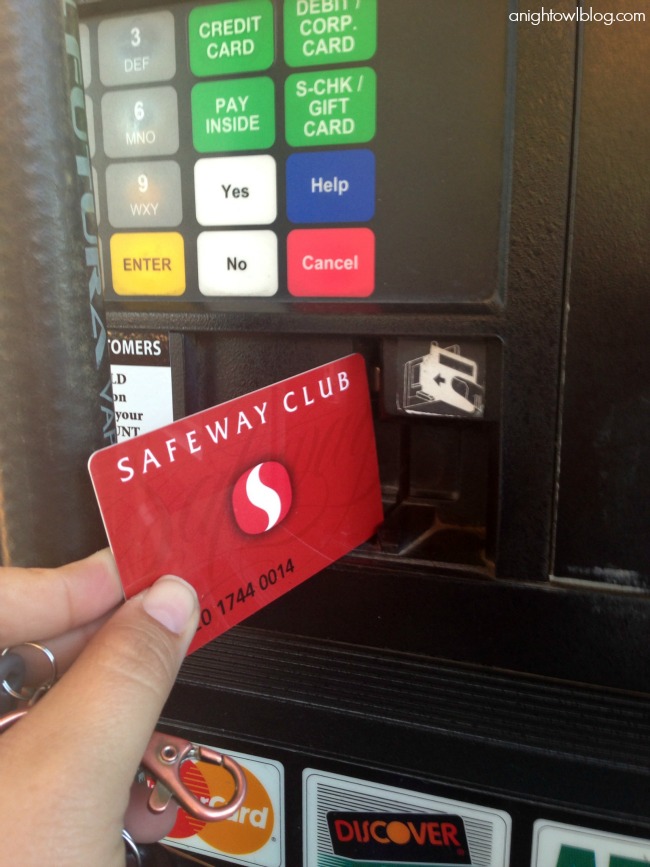As an incentive to. The First Step Act short for Formerly Incarcerated Reenter Society Transformed Safely Transitioning Every Person Act Congress will do.
 Infographic How Prison Reform Works In The First Step Act Center For American Progress
Infographic How Prison Reform Works In The First Step Act Center For American Progress
The legislation expands rehabilitative programming and.

What is the first step act. The bills timid reach is evident in its name indicating the bill is only the first step in reforming the federal criminal. The First Step Act FSA of 2018 created two different categories of programs highlighted in the FSA Guide that replaces the now obsolete Directory of National Programs and the Inmate Model Programs Catalog. The First Step Act mandates a new Risk and Needs Assessment system that matches people in prison to the programs and classes most supportive of their growth and transformation.
Third once the First Step Act is passed there are not going to be any additional steps on the federal level anytime soon. The most significant change to compassionate release is that the Act provides prisoners the power to file a motion for compassionate release if they can demonstrate they have tried. That might not seem like a big deal but it could lead to some really important reform.
The FIRST STEP Act is the first step in transforming federal prisons into safe and effective facilities that will reduce recidivism and strengthen our communities and economy. The First Step Act or FSA Public Law 115-39 passed on December 18 2018. 3624 b so that federal inmates can earn up to 54 days of good.
The First Step Act requires the Department of Justice DOJ to develop a risk and needs assessment system to be used by BOP to assess the recidivism risk of all federal prisoners and to place prisoners in programs and productive activities to reduce this risk. The First Step Act requires the Attorney General to develop a risk and needs assessment system. While the bill is hardly a panacea its the largest step the federal government has taken to reduce the number of people in federal custody.
The Act amended 18 USC. The First Step Act Gives Prisoners the Right to Go to Court. More discretion for judges.
The FIRST STEP Act is a critical win in the fight to reduce mass incarceration. The FIRST STEP Act short for Formerly Incarcerated Reenter Society Transformed Safely Transitioning Every Person Act or HR5682 is a bipartisan prison reform bill passed by the House of Representatives on May 22 2018. What is the First Step Act.
The legislators who barely support criminal justice reform are not going to feel any need to address it again once they can point to their vote in favor of the First Step Act. The First Step Act is the product of years of advocacy by people across the political spectrum. The two FSA categories include Evidence-Based Recidivism Reduction EBRR Programs and Productive Activities PAs.
The First Step Act starts to chip away at this problem at the federal level although its overall impact is unlikely to be very large. The First Step Act mandates that tampons and pads be provided to inmates. 5 things to know about the criminal justice reform law Change life sentences.
The First Step Act FSA is a law signed on December 21 2018 with provisions that impact Federal Bureau of Prisons BOP inmates and their families. It requires the Attorney General AG to develop a risk and needs assessment system for BOP to assess the recidivism risk and criminogenic needs of all federal prisoners and to place prisoners in recidivism reducing programs and productive activities to address their needs and reduce this risk. What the First Step Act achieved More than 3000 inmates have been released and another roughly 1700 people convicted of crack cocaine offenses have seen their sentences reduced thanks to the.
It is monumental in that it is the first major piece of criminal reform legislation to be signed into law in the 10 years since the passage of the Second Chance Act. An Overview of the First Step Act Reduction in Recidivism. First Step Act of 2018 is a piece of federal criminal justice reform legislation which in part modifies the federal compassionate release framework.
Federal judges will be given more leeway for their discretion when. Gives judges greater latitude in imposing mandatory minimum sentences allows inmates to earn increased good conduct time. In an attempt to focus the harshest sentences on the most violent offenders the law lowers the.
The First Step Act. Indeed a very similar bipartisan bill nearly passed in 2015 but was dragged down by election-year politics.









